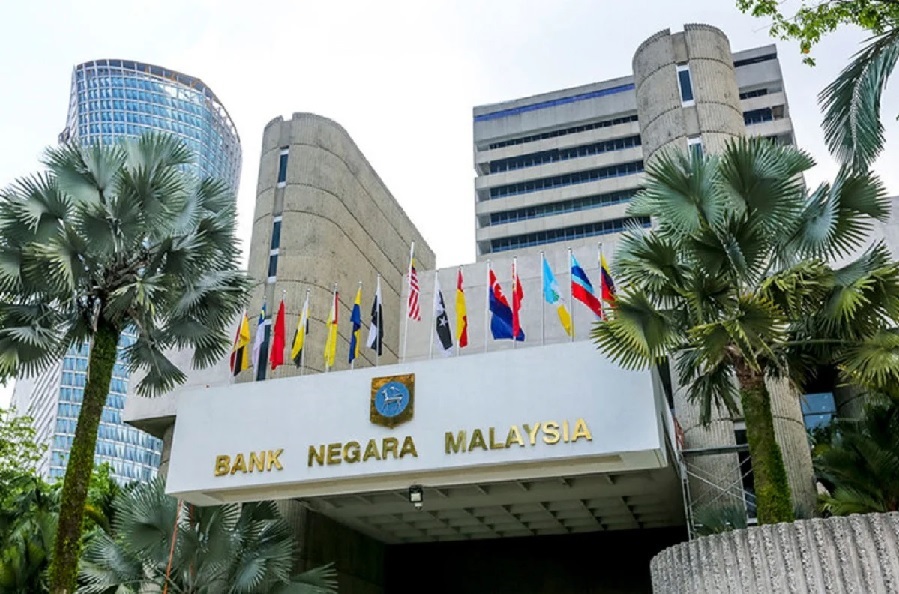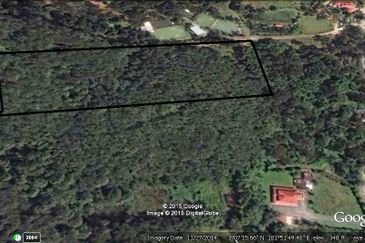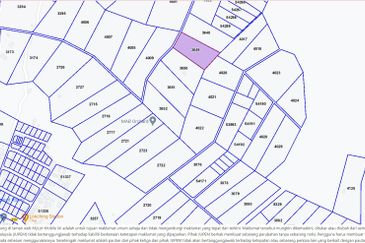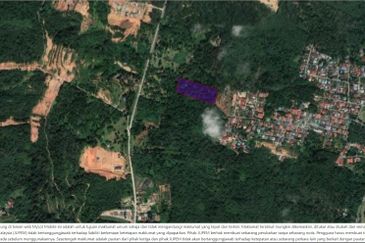
- BNM said the country's growth in 2023 is expected to moderate amid a slower global economy, likewise the headline and core inflation figures — though the latter two will remain elevated amid lingering demand and cost pressures.
- “Existing price controls and fuel subsidies, and the remaining spare capacity in the economy, will continue to partly contain the extent of upward pressures to inflation,” BNM said.
KUALA LUMPUR (Jan 19): Bank Negara Malaysia (BNM) has paused the key rate hike, keeping the overnight policy rate (OPR) at 2.75% at its first Monetary Policy Committee (MPC) meeting this year, bucking consensus estimate of a 25- basis-point (25bps) increase.
In a statement on Thursday, BNM said the country's growth in 2023 is expected to moderate amid a slower global economy, likewise the headline and core inflation figures — though the latter two will remain elevated amid lingering demand and cost pressures.
"The global economy continues to be weighed down by elevated cost pressures, higher interest rates, and COVID-19-related disruptions in China. These factors more than offset the support from positive labour market conditions, and the full reopening of economies and international borders.
"Headline inflation moderated slightly from high levels in recent months. However, core inflation remains above historical averages. Central banks are expected to continue raising interest rates, albeit at a slower pace, to manage inflationary pressures. This will continue to pose headwinds to the global growth outlook," it said.
While it expects growth in China to improve once the current Covid-19 wave subsides, it believes growth outlook remains subject to downside risks, including an escalation of geopolitical tensions, weaker-than-expected growth outturns in major economies, and a sharp tightening in financial market conditions.
The central bank’s decision to hold the interest rate steady comes as a surprise move, as both Bloomberg and Reuters' surveys of economists expect an increase of 25bps to the key rate.
According to the central bank, the balance of risk to the inflation outlook is tilted to the upside, it said, and remains highly subject to any changes to domestic policy on subsidies and price controls, as well as global commodity price developments.
“Existing price controls and fuel subsidies, and the remaining spare capacity in the economy, will continue to partly contain the extent of upward pressures to inflation,” BNM said.
Headline inflation averaged 3.4% from January to November 2022, peaking in the third quarter. Underlying inflation, as measured by core inflation, averaged 2.9% up to November 2022.
The country's growth in 2023 will remain supported by domestic demand and household spending, which will be underpinned by sustained improvements in employment and income prospects, the central bank said.
“Tourist arrivals have continued to rise, further lifting the tourism-related sectors. The realisation of multi-year infrastructure projects will support investment activity,” it added.
Downside risks to the domestic economy, it cautioned, continue to stem from weaker-than-expected global growth, higher risk aversion in global financial markets amid more aggressive monetary policy tightening in major economies, further escalation of geopolitical conflicts, and the re-emergence of significant supply chain disruptions.
"Today’s decision allows the MPC to assess the impact of the cumulative past OPR adjustments, given the lag effects of monetary policy on the economy. At the current OPR level, the stance of monetary policy remains accommodative and supportive of economic growth,” the central bank said.
The MPC will continue to calibrate the monetary policy settings that balance the risks to domestic inflation and sustainable growth, it added.
TOP PICKS BY EDGEPROP

Hillpark 2, Bandar Teknologi Kajang
Semenyih, Selangor

Seksyen 51, Petaling Jaya
Petaling Jaya, Selangor

Bandar Baru Sri Petaling
Sri Petaling, Kuala Lumpur






















